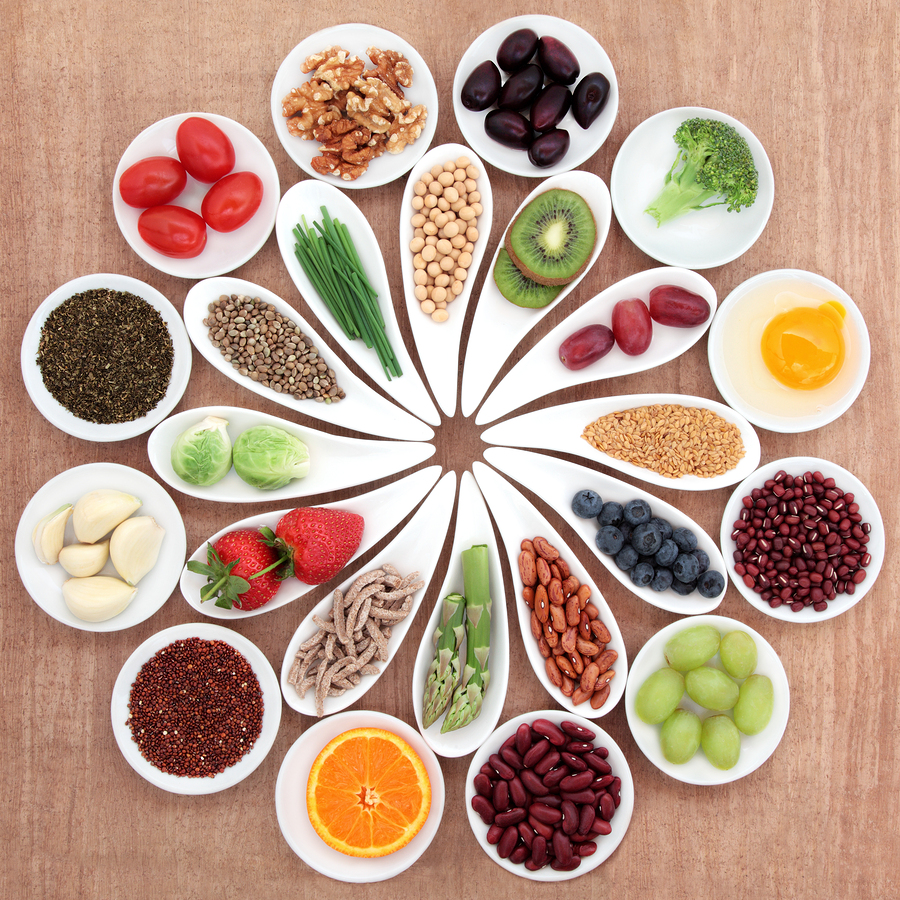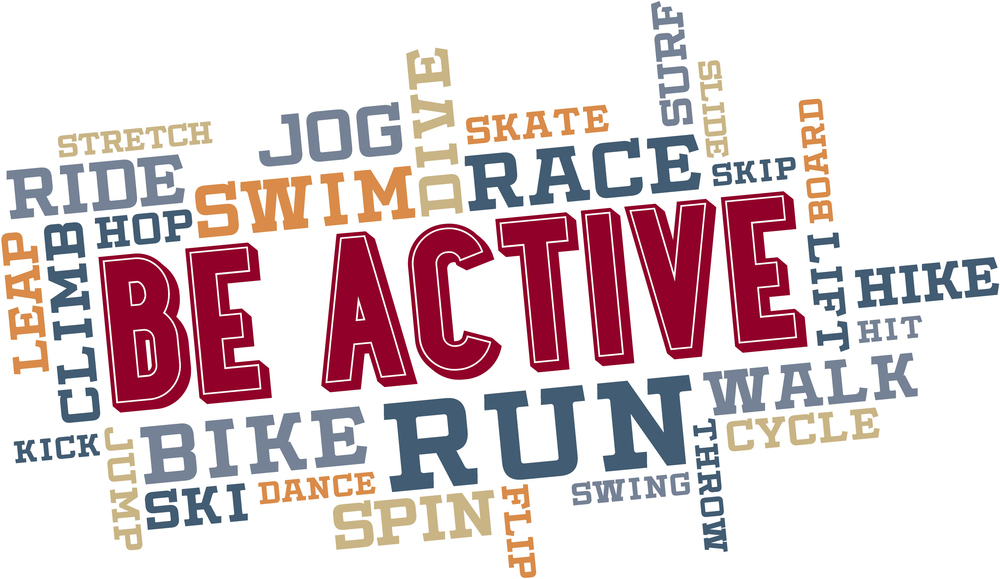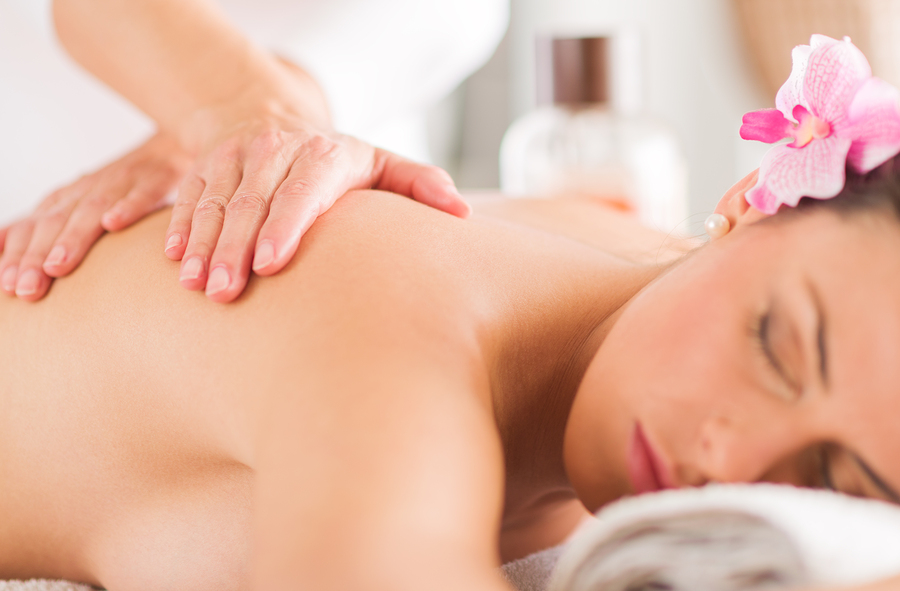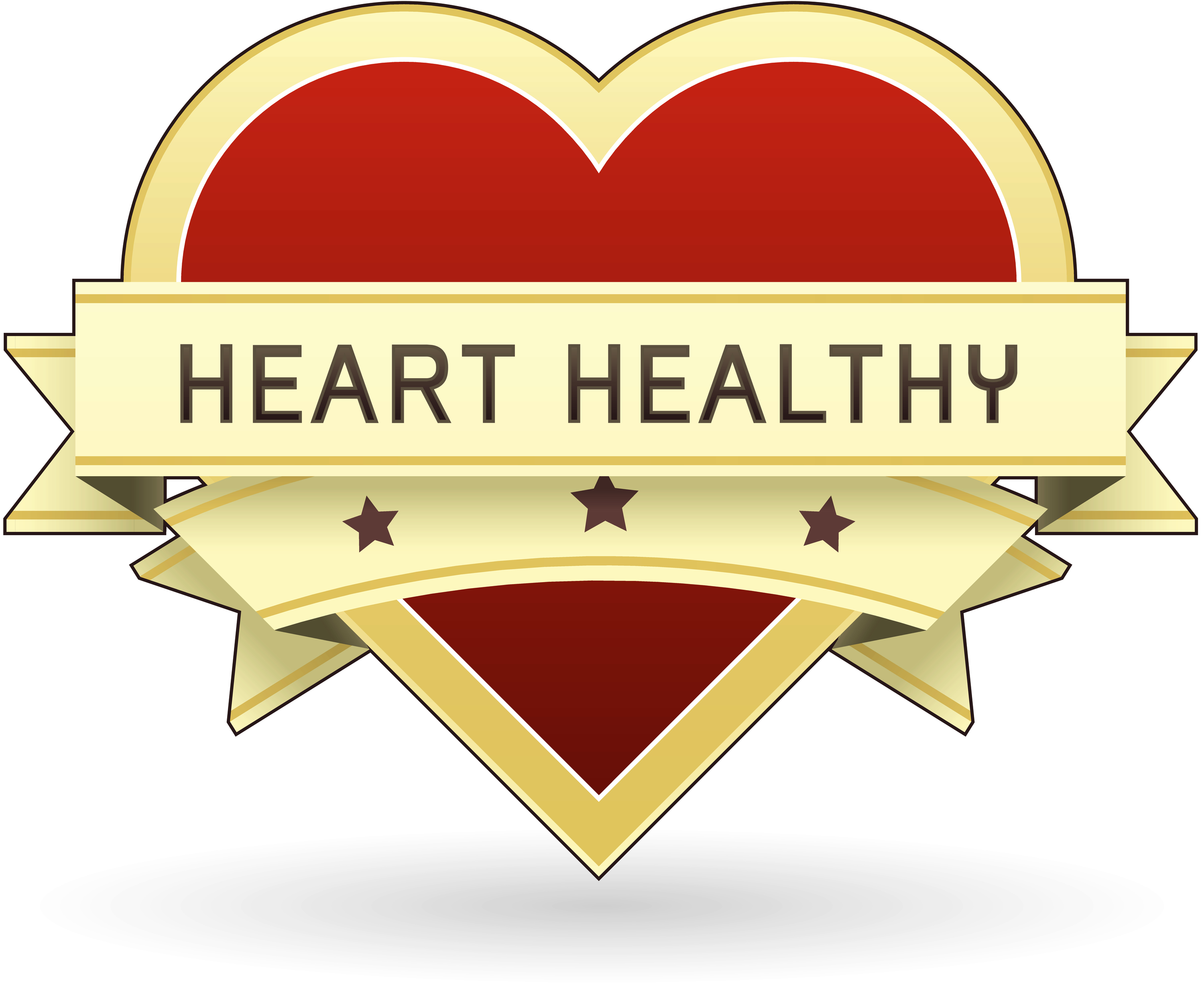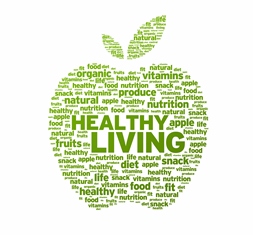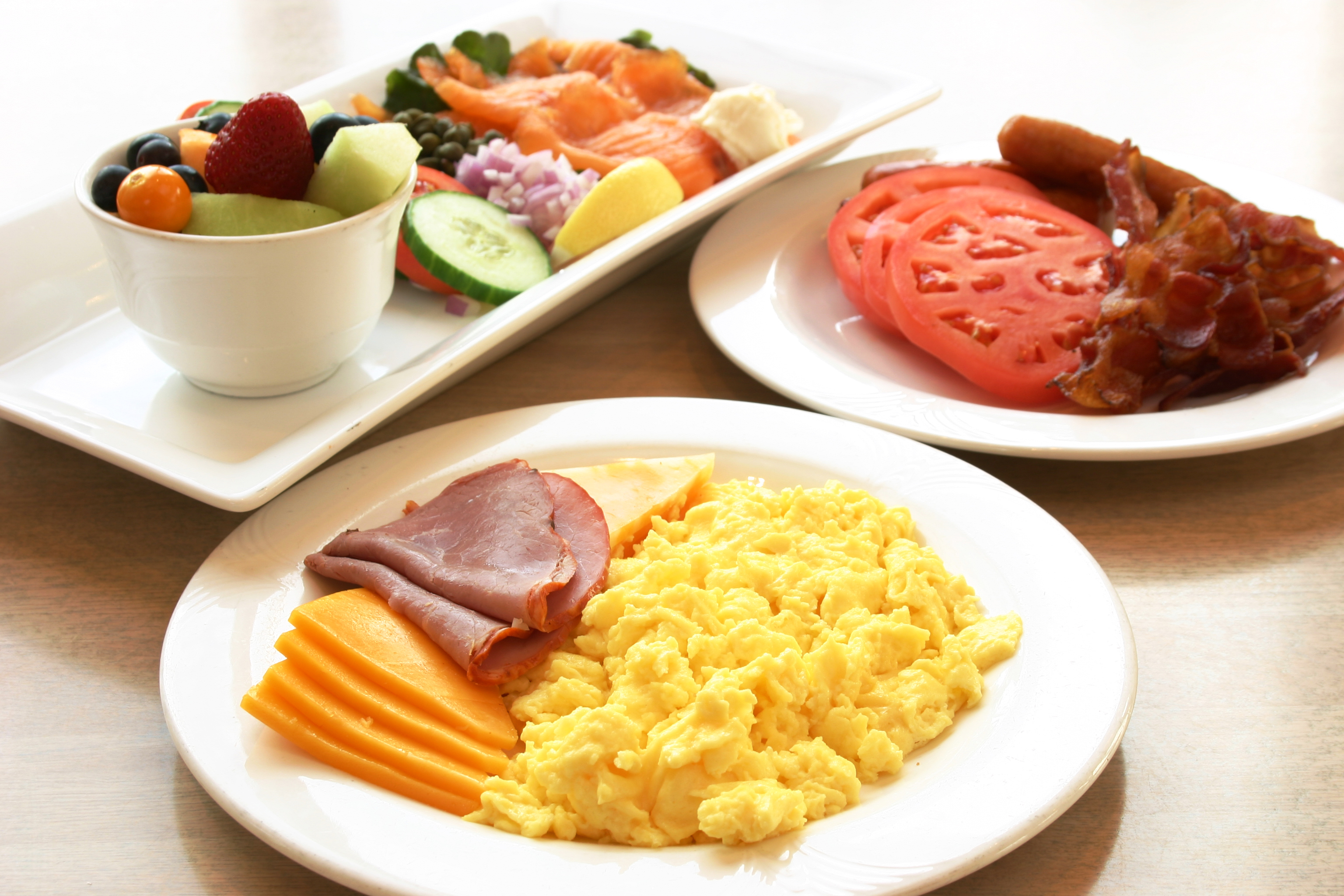
Let’s talk facts here ladies and gentlemen! The fact is that healthy balanced diets improve the quality of life! Yes, yes they do.
There are some awesome health benefits that come along with taking on healthy eating habits. Just think about it when you balance your diet appropriately, you fashion a disciplined schedule that eliminates over eating and overdoing saturated fats. This combined with a healthy workout plan, you could reduce and keep control of your weight.
Now, when setting up your meal plan, you should eliminate the unhealthy parts of your diet and replace them with healthier options. You are not just eliminating them! Everyone knows what happens when a person stops eating–they get angry. Not eating enough can cause mood swings; not eating right can just give you feelings like the “itis.” Balancing your diet appropriately can help improve your mood.
In all instances your body needs food for energy. Fuel is important for the body to do what is necessary. If you have a car that takes premium gas and some poor unfortunate soul puts in diesel, your car will not run. The same goes for your body it needs premium gold, the good stuff. When you feed it the good stuff, it helps give it enough energy to run, and boost its ability to fight disease. I’m not kidd’n.
Last but certainly not least, with all the healthy choices you are making, you are taking steps to improve your health. Not to mention that all of these benefits are encompassed with physical activity or exercise. Once you have worked with your doctor and established a healthy balance then you are increasing the span of your life. Unhealthy eating especially without minimal physical activity can invite possible health risks. That is why it is important to check with your physician or a health professional annually to check the status of your health.
The EE 411: Cholesterol is a type of lipid that is necessary for cell and hormone synthesis. It can help your body produce hormones and help you digest your food.Guidelines
These are some basic guidelines to you get started with creating a healthy diet:
● Select foods and drinks that don’t contribute extra or unneeded calories. Also, look out for saturated, trans, or added sugars, salt, or alcohol. They are not necessary for health.
● Balance your calorie intake for the amount of activity you have in your daily life. The more energy you are going to expend, the more calories you need. Calories contribute to weight when you’re not working them off.
● Do some sort of physical activity! Take the stairs instead of the elevator, walk to places (park farther away in safe situations), or chose greener ways to get to work.
● Balance your meals with the appropriate food groups. Fruits, vegetables, and whole grains are great for maintaining one’s energy and health.
● Choose fiber-rich fruits like Apples (with the skin on them), vegetables, and whole grains.
● Try to consume less than a teaspoon of salt per day. (the biggest challenge of them all!)
● Prepare your food with care.
For more tips on health and nutrition check out Food and Nourishment. Also, to review what you know about Apples. We always encourage you to do more research to help you determine what’s best for you. Until next time! 🙂
Share with Us: What do you think about calorie counting?
(This post was brought to you by Earth’s Enrichments. Similar posts can be found by visiting our Blog. More information about our company and products (USDA Certified Organic Soaps, Organic Bath Salts, Organic Sugar Scrubs, Organic Body Balms and Organic Lip Balms) can be found on our Website. Thank you Earth’s Enricher!)


